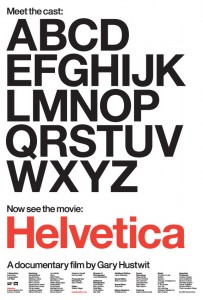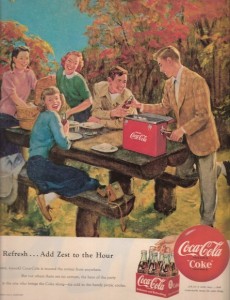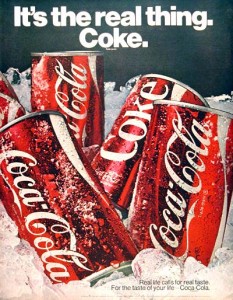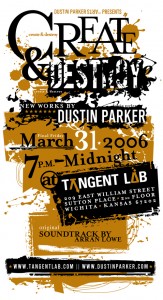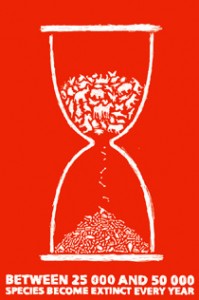Thinking about Wal-Mart
I shopped at Wal-Mart the other day. It is not something I am proud of, nor is it something that happens very frequently, but it happens. After reading Nickel and Dimed by Barbra Ehrenreich and watching the documentary The High Cost of Low Prices I become convinced that the ideals of the Wal-Mart corporation are not the same as my ideals and thus largely quit shopping there. I admit, since my objection with Wal-Mart largely centered around their treatment of low-wage workers and their effect on Mom and Pop type stores, I considered my boycott to be taking the moral high ground.
During my quick visit to “The Superstore” I noticed something: Things here are dirt cheap! Raspberries for $2! A gigantic bag of Doritos for $2.50! That is like 30% cheaper than what I am used to paying.
Realizing this brought my mind back to a blog post by an urban pastor I the utmost respect for: Aaron Mansfield. (If you are looking for a guy who shoots straight, and constantly acts on his love for Jesus and people, then you need to read his blog Apostolic Obsession). After a trip to Estonia, Aaron wrote a post about the luxury of the higher moral road when it comes to shopping (read the whole post here: Thinking About Estonia).
Aaron challenges the “elitist” (my word, not his) view of Wal-mart:
I like Wal-Mart. As I have said before, given my ministry and given my economic situation, a store that focuses on families making 30k or less is very helpful. Much as I might like to buy organic produce at a pachouli co-op, or buy my hemp clothes from a fair-trade boutique, I can’t. Artur asked me why some people from America told him he should not shop at Wal-Mart when he came to America? How to explain it, this luxury of pointless opinions? He only said he could not get clothes that cheap anywhere, and when you don’t have much money… I guess I just reiterate my point: part of the attack on Wal-Mart becomes an attack on the lower classes.
He takes it further by discussing the concepts of buying local and organic. He poignantly asks:
Is eating local really an ethical choice, one that is moral in a universal way? Or is it just another cool thing?
Now, I know (and I am pretty sure Aaron knows) there are very good reasons to eat local and support the local stores over the multi-national corporations: It does not contribute to the widening gap between rich and poor; you know where your food comes from and what goes into it; it decreases the likelihood that oppressive systems were used in producing things; it cuts pollution from production and transportation; the money goes directly to the people who work the hardest; even though Wal-mart and similar stores are cheap, they often cut costs by taking advantage of lower skilled workers .
I don’t shop at Wal-mart (much) because I don’t want to contribute to the system of production it relies on. However, Aaron makes some very good points. Because of places like Wal-mart, people can get more for less. As such, we should never critisize people who shop there by choice, necessity or ignorance. At the same time, we must realize that the same system that provides these low costs often contributes to the problem. Large corporations epitomize the growing divide between rich and poor as executives sin in far off plush offices make mbillions (4 of the 15 richest people in the world have amassed their wealth through Wal-mart with a total net worth of 70+ Billion dollars) while an army of minimum wage workers (who are often uninsured) keep the machine running. When you work 40 hours a week for minimum wage, you have to shop at places like Wal-mart.
I don’t think there is a “right” answer here, but it is obvious our discussion must account for the individuals on both side of the equation. We must understand individual situations as well as the larger system. Personally I am thrilled when people are willing to asks about the ethics of their individual decisions rather than just sticking their head in the sand and living without thinking.

